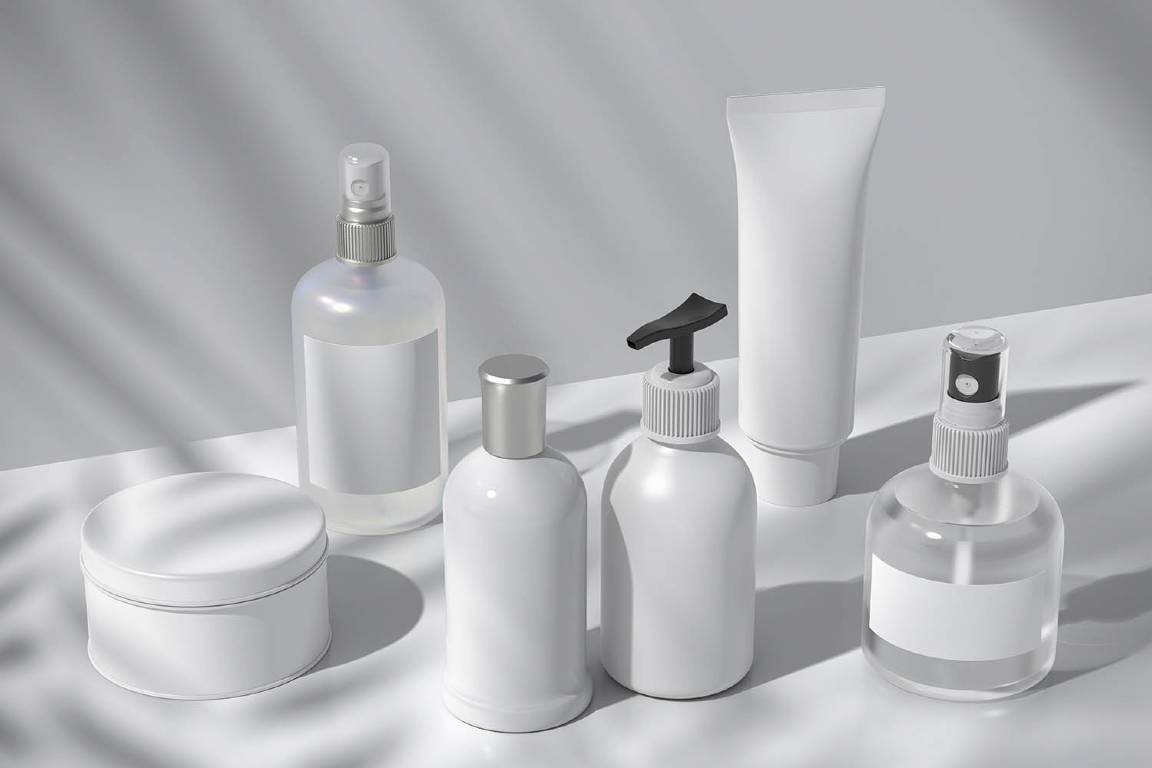There are always trends fleeting in and out of Nigeria, coming with various seasons and fading out as soon as a new trend sets in. However, bleaching has been a constant trend in Nigeria, probably because there is a stereotype that being light-skinned makes you “more attractive” or noticeable. This has led to a fast-growing cosmetic industry, with few of them coming off as natural lightening agents.
The use of social media as a commercial hub has made it easy for the sale of these cosmetic products without any form of regulation. It has become easy to cook up some concoction at the back of your house, create some explicit branding, put some stickers on it, and sell it off on Instagram or Twitter as the one true natural brand. A lot of these vendors haven’t been within the four walls of a cosmetology school and many Nigerians have fallen victims of these non-licensed brands, getting their skins damaged as a result of the poorly regulated cosmetic sector. A video trended recently on Twitter showing a lady who went to “peel her skin” at a “bleaching shop” and it was alarming to see them scraping off layers of her skin in an effort to bleach her skin.
Interest piqued, some research was conducted, and it is very interesting to realize that there is actually a law that regulates skin bleaching and cosmetics generally. Have you ever heard of any law referred to as the “Cosmetics Product Prohibition of Bleaching Agents Regulations, 2018”? Fascinating, right? When this law was enacted, it repealed the former law on bleaching made in 2005. That means the currently existing law is not the first of its kind. Basically, the law prohibits the use of certain active chemicals used in bleaching. Chemicals like 1% of Hydroquinone and Arbutin as combined ingredients, Mercury and Corticosteroids were listed in Schedule A of this law as prohibited for cosmetics. This sparks the question, “Is bleaching a crime in Nigeria?”
According to the law, the act of bleaching itself is not an offence but the making of these bleaching products is the offence. The law clearly states that anybody found making cosmetics with these ingredients is liable to a term of jail not exceeding one year and or a fine of 50,000 Naira. If it is a corporate body, the company will pay a fine of 100,000 Naira and its directors or person involved in its management will be liable for a jail term.
This law is a big caveat for vendors who are into making a diverse range of bleaching products with the above listed active ingredients because ignorance is not a defence according to the law. So cosmetics vendors, read the law and beware.

